PEHSU Network
We are a source of medical information and advice on the influence of environmental exposures on reproductive and children’s health.
The Great Lakes Center for Reproductive and Children’s Environmental Health was established in 1999 in partnership with the United States Environmental Protection Agency and the federal Agency for Toxic Substance and Disease Registry to promote and protect children’s health through prevention, education, diagnosis and treatment of environmentally related diseases.
The Center is one of 10 Pediatric Environmental Health Specialty Units (PEHSUs) across the country dedicated to reproductive and children’s environmental health issues. Our primary area of focus is EPA Region 5, which includes the states of Illinois, Indiana, Michigan, Minnesota, Ohio, and Wisconsin. Our PEHSU has experts in pediatrics, toxicology, occupational and environmental medicine, and reproductive health. We work with physicians, parents, schools, community groups, and public health agencies to address reproductive and children’s environmental health issues.
The PEHSU network has experts in pediatrics, allergy/immunology, neurodevelopment, toxicology, occupational and environmental medicine, nursing, reproductive health, and other specialized areas. Contact your regional PEHSU to talk to an expert.
What we do
Training Healthcare Professionals
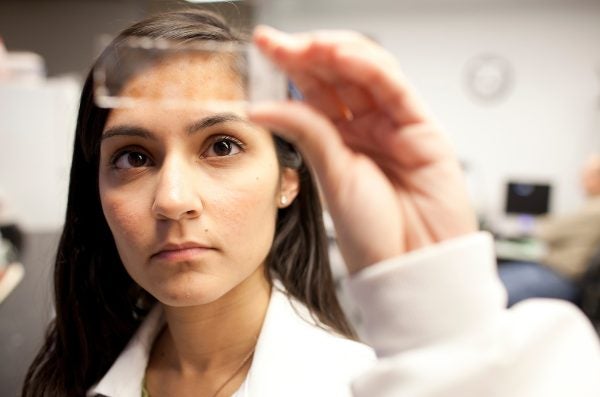
We work with medical and nursing schools to add environmental health to curricula, train health professionals in practice and translate environmental health research into public health prevention.
Expert Consultation
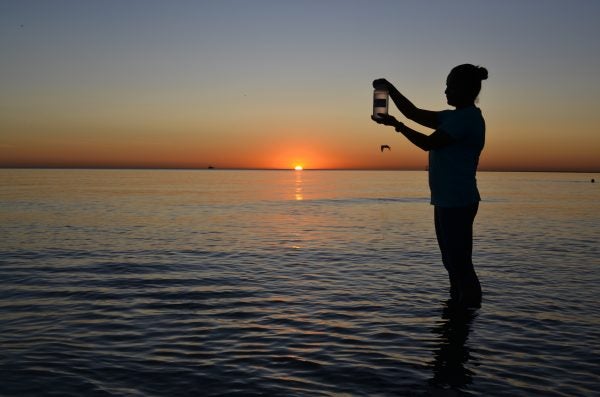
We raise awareness about environmental conditions that may harm pregnant people, children and families. The Center provides guidance on ways to prevent and/or reduce harmful environmental exposures and evaluates suspected toxicant exposures.
Advocacy
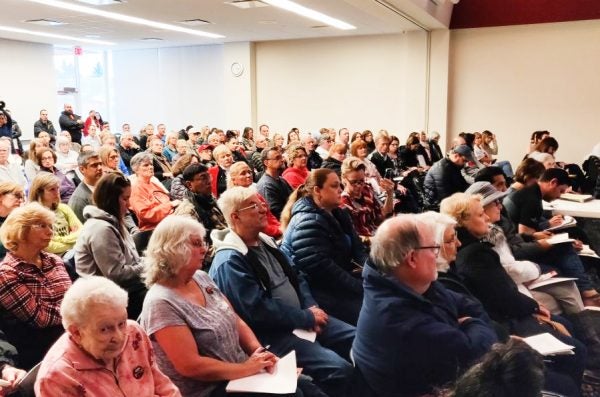
We work with individuals, community groups, and activists to reduce environmental exposures in children, pregnant people and families by providing evidence-based expert guidance and recommendations on the health effects of exposure to pollution and chemicals.
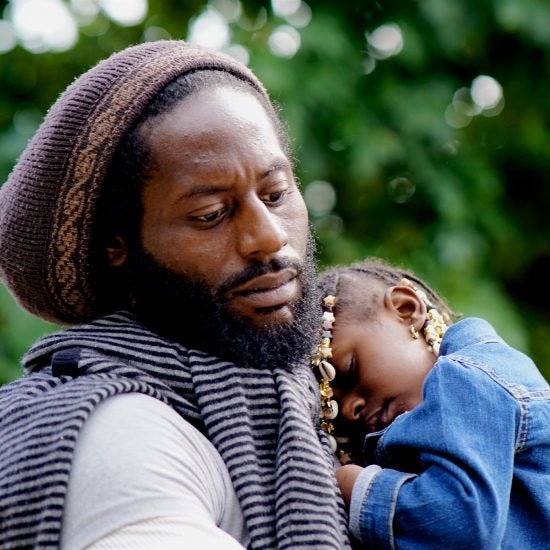
The Great Lakes Center for Children’s Environmental Health recognizes that African American communities have historically suffered from a disproportionate burden of environmental pollution. Combined with the adverse health effects caused by lack of access to medical care, fresh food, and community economic investment, the additional burden of living with poor air quality, contaminated drinking water and soil, and older housing stock is absolutely unacceptable and must be remedied. To that end, the national PEHSU network, with input from this Center, is currently undertaking a strategic planning process that increases our focus on ending environmental injustice. We look forward to increasing our efforts in this arena.
Examples of Our Work: Media Voices, Presentations and Policy
Conference
Watch the recording of our 2024 conference here. For more information about the conference, please visit the conference website page.
Zeke McKinney
Center member Zeke McKinney, MD, MPH, wrote an article on children’s exposure to lead for the Minnesota Spokesman-Recorder.
“Like most health conditions, lead exposure is also more common in lower-income areas and in non-White populations. In Minnesota, the Black and Native American populations have four times higher rates of poverty compared to the White population.”
Read the article here.
Beth Neary
Center member Beth Neary, MD, MS, supported #PFAS Free Wisconsin in its campaign to test well water for per-fluorinated chemical
“As a pediatrician, I am deeply concerned about PFAS. Children and infants are at far greater health risks: they drink more water in proportion to their weight, their brains and organs are developing rapidly and they have a longer life to accumulate this toxin.”
Read more about the campaign here.
Nick Newman
Center Member Nick Newman interviews Dr. Susan Buchanan in response to the COVID-19 pandemic, to answer questions submitted to the AAP regarding prevention and infection control:
“The global COVID-19 pandemic has forced a lot of changes in our lives. As we adapt to this new normal, many people have been concerned about its impact on children. Through support of the Centers for Disease Control and Prevention, the Agency for Toxic Substances and Disease Registry, the Pediatric Environmental Health Specialty Units, and the Ohio Chapter of the American Academy of Pediatrics, we are presenting this Project Firstline podcast. This is part of the Ohio AAP’s response to the COVID-19 pandemic where we will get answers to your questions that you have submitted to the AAP regarding COVID-19 prevention and infection control. Experts in pediatric environmental exposures, infection control, and indoor air quality will provide evidence-based, practical advice to help us all get through the pandemic safely.”
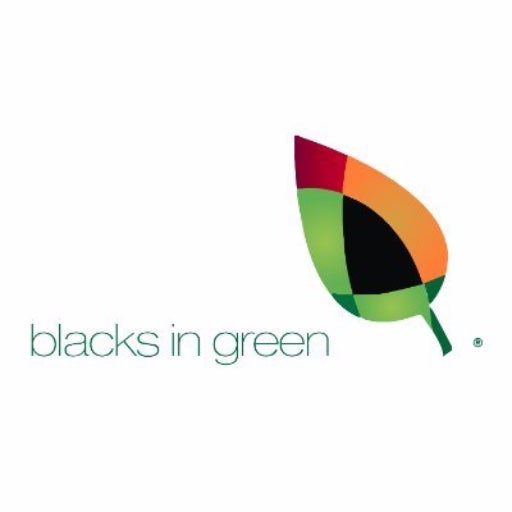
Presentations: COVID-19 and disinfectants
Center director Susan Buchanan, MD, MPH ’03, presented at a remote town hall on COVID-19 prevention and safe use of disinfectants to Blacks in Green, a community-based organization focused on sustainability in the Woodlawn neighborhood of Chicago.